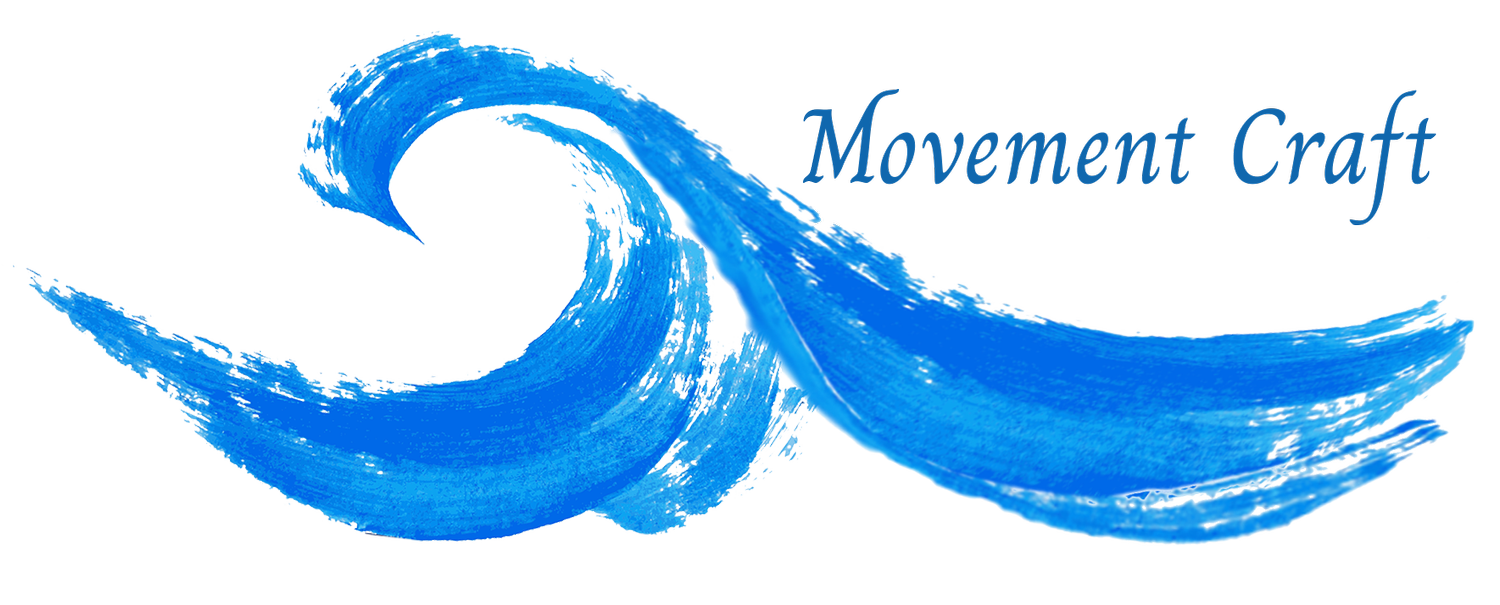What No One Tells You About Menopause: Hormones, Muscle & Metabolic Health
If you’ve ever woken up one day and thought, What is happening to my body?—you’re not alone. Menopause hits, and suddenly the things that used to work—whether it’s how we eat, exercise, or even sleep—don’t work the same anymore. But here’s what I want you to know: you are not powerless in this phase of life.
On my podcast Better Than a Pill, I had an honest and eye-opening conversation with Amanda, our functional medicine practitioner, and Shannon, our registered dietitian. Together, we peeled back the layers of what’s really happening in our bodies during menopause—and what we can do to feel better.
Let’s start with the basics: estrogen drops, and that changes everything. Estrogen plays a vital role in regulating insulin, which means that without it, your body may start struggling with insulin resistance—even if you’re eating the same and exercising regularly. This can lead to weight gain, especially around the midsection, fatigue, and even mood changes.
But here’s the good news: it doesn’t have to be this way.
We also talked about how muscle is your best friend during menopause. Your muscle mass is your biggest consumer of glucose, so maintaining (or even building) muscle is critical to managing blood sugar and boosting energy. And no, you don’t have to live at the gym. Resistance bands, bodyweight exercises, and Pilates can be just as effective. Trust me—I’ve seen it firsthand.
Another major point we covered? Hormone Replacement Therapy (HRT). There’s been a lot of fear around it, but the truth is, when used responsibly and when you’re a good candidate, HRT can be a game-changer. Estrogen isn’t just about reproductive health—it affects your brain, your heart, your tendons, and your metabolism.
And let’s not forget the power of nutrition. Shannon broke down how eating every two to three hours isn’t doing us any favors. Instead, spacing out meals, incorporating time-restricted eating, increasing protein, and removing inflammatory seed oils can truly change how you feel.
Lastly, stress. Menopause often comes with poor sleep and higher cortisol levels, which makes everything worse. That’s why calming the nervous system with Pilates, breath work, and better sleep habits is more than self-care—it’s essential medicine.
So no, menopause isn’t the end of the road—it’s a new chapter. And with the right tools, information, and support, you can feel strong, energized, and in control again. If you haven’t listened to the full episode yet, do it. Your future self will thank you.
